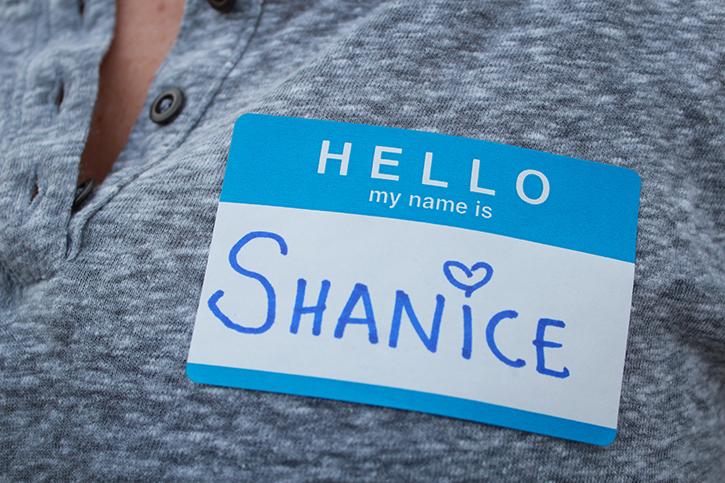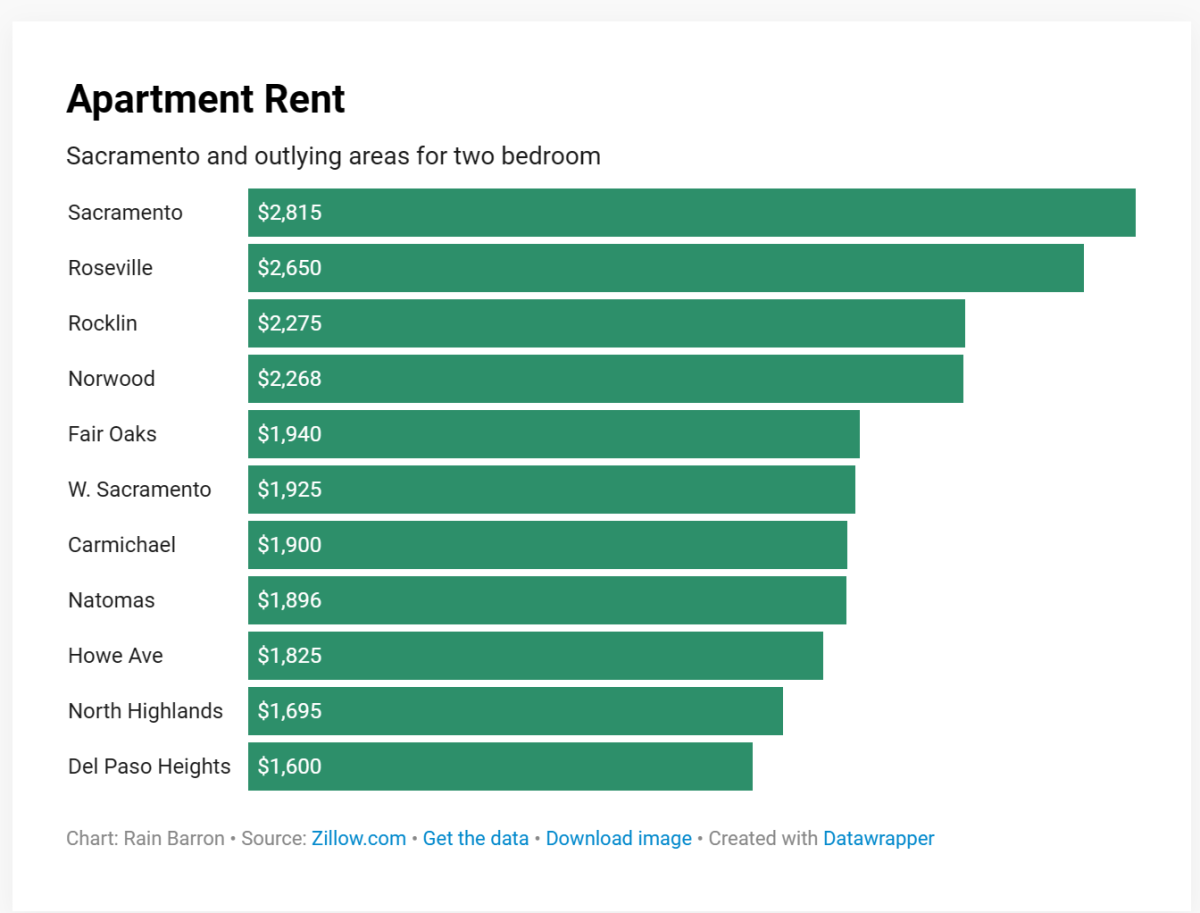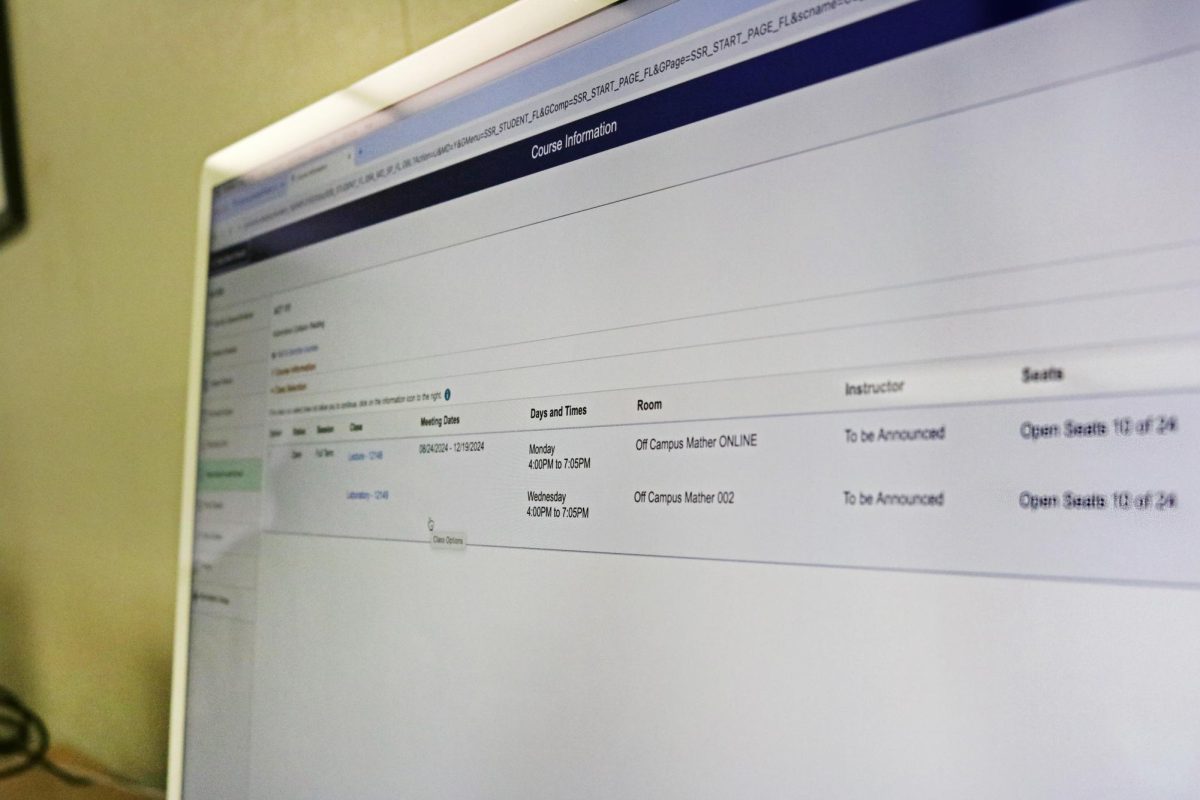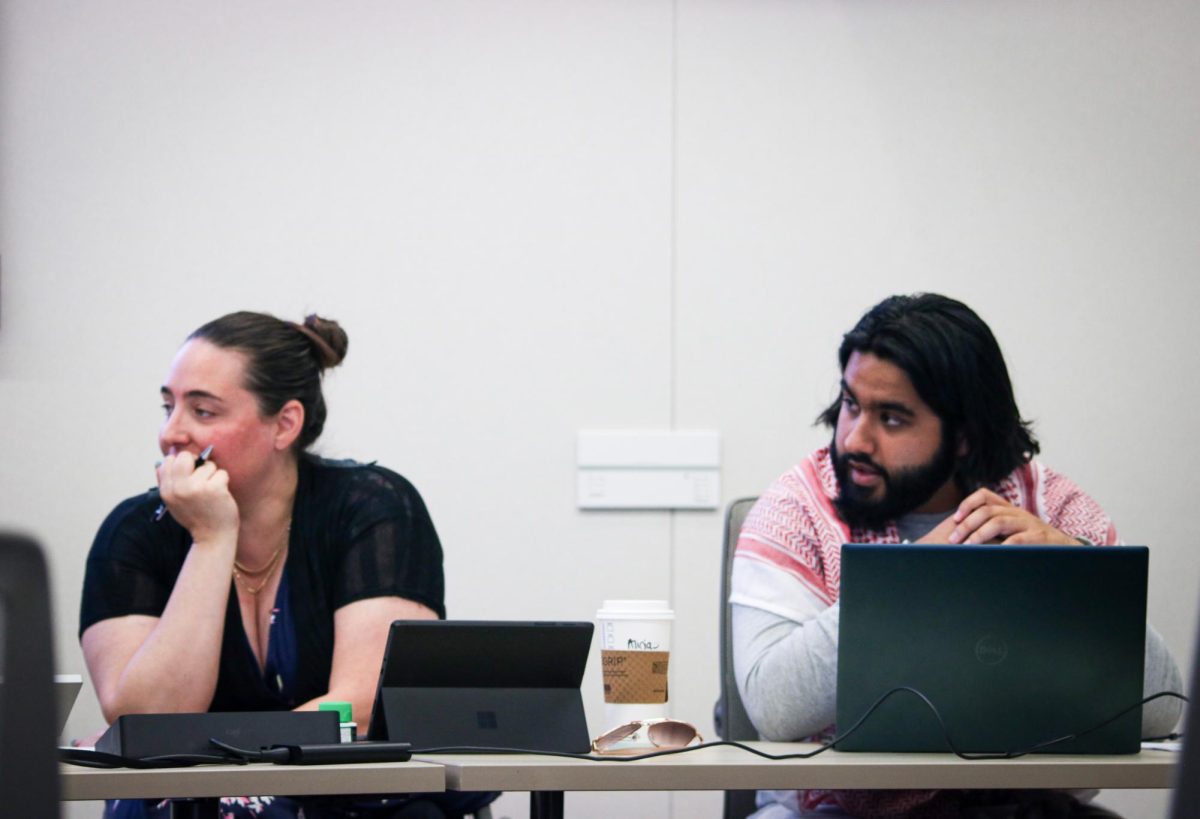A parent’s decision to give a child an identifiably African-American name has been a controversial topic, as some people believe individuals with these names will later be ostracized. Are African-American names an expression of individuality and heritage, or rather a hindrance to a child later on in life?
Some believe that children with unique names are less likely to receive jobs, despite meeting similar qualifications to those met by people with Anglo-Saxon names. In a study done by Marianne Bertrand and Sendhil Mullainathan on racial discrimination in the workplace, it was found that “white names receive 50 percent more callbacks for interviews.”
“As far as getting a job when you know people and tell people your name, it makes them remember you, like, ‘Oh, she has a very unique name,’” said Myrricle O’Neal, a sociology major. “If you give them a good impression of yourself, then they’ll remember you and your unique name and how you stand out,” she added.
It was also discovered that a higher quality resume elicits 30 percent more callbacks for individuals with “white names,” compared to a much smaller increase for those with African-American names.
This study shows that discrimination concerning performance may be taking place before prospective job candidates are even offered employment with a company. Even though individuals with African-American names may not be offered employment, it doesn’t necessarily mean that those who do receive the job will perform the job functions any better. Those with African-American names, who have already been stereotyped before they stepped foot inside the door, may be better off not working for that particular employer.
In a study conducted by Roland G. Fryer Jr. and Steven D. Levitt, more than 40 percent of black girls in recent years were given a name that was not given to even 1 in 1000 white girls in California. DeShawn, Tyrone, Shanice, and Kiara were among the most popular names for blacks, for example, while Connor, Cody, Molly and Emily are distinctively white.
Despite previous studies of African-American names on resumes, it was concluded that there was “little evidence that names have a causal impact on adult life outcomes.”
Historically, names were associated with preserving history and ties to African culture after slaves were brought to America. In the ‘70s, there was a surge of African-American parents choosing distinctively black names for their children. This increase may be due to the black power movement that began during this time period.
I believe that names are an extension of ourselves, and a culmination of experiences, traits and characteristics that make us unique. Names may reflect family history and cultural ties of which a person should be proud. There are always going to be individuals who will favor social conformity when it comes to names, but ethnic names should be less of an embarrassment, and more of a badge of honor.














